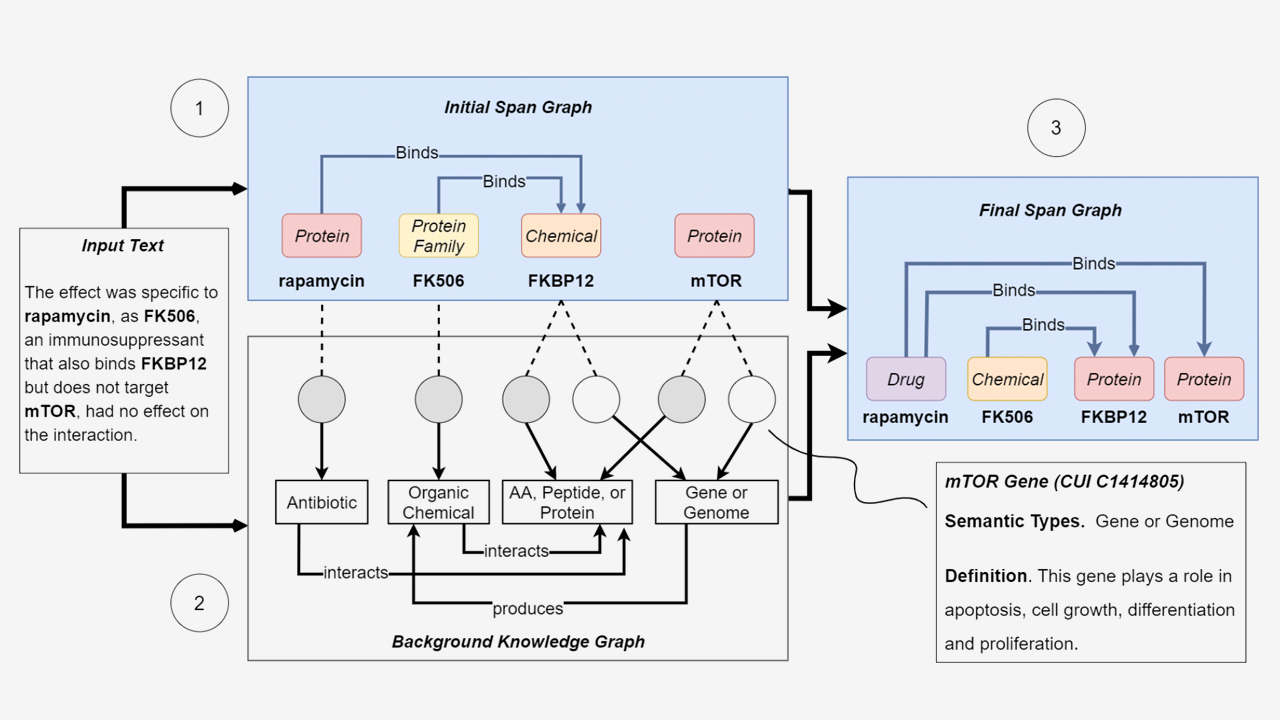
The Joint Conference of the 59th Annual Meeting of the Association for Computational Linguistics and the 11th International Joint Conference on Natural Language Processing (ACL-IJCNLP 2021) will be held virtually from August 2 to 4, 2021. ACL-IJCNLP is one of the top research conferences on natural language processing. In recent years, deep learning approaches have been prominently featured in the papers presented at this conference.
Adobe Research will present a total of 7 papers at the main conference, 5 papers in the Findings category, and 1 workshop paper on research topics including question answering, information extraction, machine learning, natural language processing, computational argumentation, image captioning, common-sense reasoning, machine learning fairness, dependency parsing, and many more.
Nearly all of Adobe’s papers are the results of student internships or other collaborations with university students and faculty. Check out the Adobe Research internships and full-time careers pages to learn more about opportunities to work with us.
Main conference papers
A Gradually Soft Multi-Task and Data-Augmented Approach to Medical Question Understanding Khalil Mrini, Franck Dernoncourt, David Seunghyun Yoon, Trung Bui, Walter Chang, Emilia Farcas, Ndapa Nakashole Counterfactuals to Control Latent Disentangled Text Representations for Style Transfer Sharmila Reddy Nangi, Niyati Chhaya, Sopan Khosla, Nikhil Kaushik, Harshit Nyati Joint Biomedical Entity and Relation Extraction with Knowledge-Enhanced Collective Inference Tuan Lai, Heng Ji, ChengXiang Zhai, Quan Hung Tran Syntopical Graphs for Computational Argumentation Tasks Joe Barrow, Rajiv Jain, Nedim Lipka, Franck Dernoncourt, Vlad Morariu, Varun Manjunatha, Douglas Oard, Philip Resnik, Henning Wachsmuth TIMERS: Document-level Temporal Relation Extraction Puneet Mathur, Rajiv Jain, Franck Dernoncourt, Vlad Morariu, Quan Hung Tran, Dinesh Manocha UMIC: An Unreferenced Metric for Image Captioning via Contrastive Learning Hwanhee Lee, David Seunghyun Yoon, Franck Dernoncourt, Trung Bui, Kyomin Jung Unleash GPT-2 Power for Event Detection Amir Pouran Ben Veyseh, Viet Dac Lai, Franck Dernoncourt, Thien Huu Nguyen
Findings papers
Domain-Aware Dependency Parsing for Questions Aparna Garimella, Laura Chiticariu, Yunyao Li He is very intelligent, she is very beautiful? On Mitigating Social Biases in Language Modelling and Generation Aparna Garimella, Akhash Amarnath, Kiran Kumar, Akash Pramod Yalla, Anandhavelu N, Niyati Chhaya, Balaji Vasan Srinivasan Learning Contextualized Knowledge Structures for Commonsense Reasoning Jun Yan, Mrigank Raman, Aaron Chan, Tianyu Zhang, Ryan Rossi, Handong Zhao, Sungchul Kim, Nedim Lipka and Xiang Ren Out of Order: How important is the sequential order of words in a sentence in Natural Language Understanding tasks? Thang Pham, Trung Bui, Long Mai, Anh Nguyen PSED: A Dataset for Selecting Emphasis in Presentation Slides Amirreza Shirani, Giai Tran, Hieu Trinh, Franck Dernoncourt, Nedim Lipka, Jose Echevarria, Thamar Solorio, Paul Asente
Workshop paper (SemEval)
Dynamic Path Reasoning for Measurement Relation Extraction Amir Pouran Ben Veyseh, Franck Dernoncourt, Thien Huu Nguyen